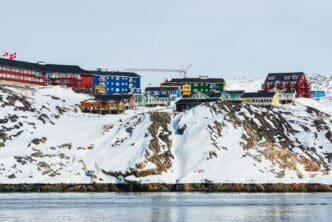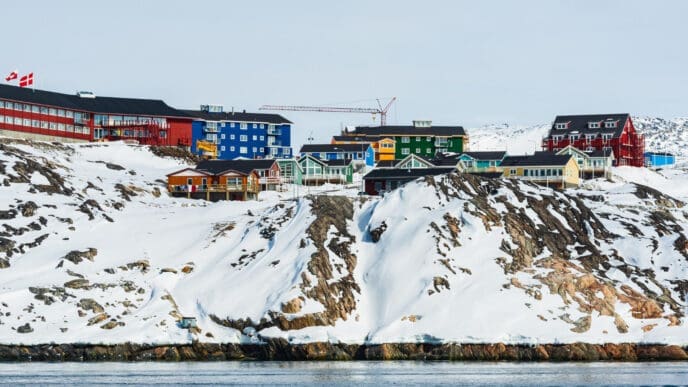The Royal Canadian Mounted Police (RCMP) have dismantled three illegal drug laboratories in the Metro Vancouver area, culminating a nearly two-year investigation. During a recent news conference at their British Columbia headquarters in Surrey, authorities showcased the costly equipment seized and provided details on the raids conducted at the end of last month in the suburbs of Pitt Meadows, Mission, and Aldergrove. While two of these labs were suspected of producing fentanyl, the purpose of the third remains unclear.
Two suspects were apprehended at one of the lab locations, but no charges have been filed yet as the investigation is ongoing. The RCMP typically withhold suspects’ names until charges are approved by the Crown Counsel in British Columbia. One of the individuals claimed to be a trained chemist.
In collaboration with the Canada Border Services Agency, the RCMP began examining the importation of suspicious laboratory equipment and chemicals used for manufacturing fentanyl, MDMA, and GHB in the summer of 2023. Chief Superintendent Stephen Lee, the Deputy Regional Commander of the RCMP federal policing program, highlighted the advanced scientific techniques employed by transnational crime groups, as evidenced by the commercial-grade chemistry equipment found at the sites.
According to the latest federal data, approximately 30 Canadians succumb to opioid or stimulant overdoses daily. Assistant Commissioner David Teboul, overseeing the federal Mounties on the West Coast, noted that the fentanyl seized did not appear intended for export across Canada’s southern border. However, he refrained from disclosing specifics, citing the ongoing investigation. He emphasized that there is no evidence suggesting these labs were producing fentanyl for export to the United States.
Despite assertions from United States President Donald Trump about the extent of fentanyl flow into the U.S. from Canada, law enforcement and experts maintain that Canada has increasingly become a source of fentanyl and methamphetamine, primarily exported to Australia and Asia.
Former Delta Police Chief Neil Dubord witnessed this change during his tenure in the Vancouver suburb that hosts Canada’s largest container terminal. By 2015, fentanyl was already entering the province via mail and shipping routes. As the pandemic began, law enforcement suspected domestic production of fentanyl due to distinct differences in the substances found in local operations. Subsequent busts confirmed the domestic manufacture of fentanyl, made possible by imported precursors. Dubord noted the economic feasibility of such operations.
Sergeant Shawn MacNeil, spokesperson for the RCMP’s clandestine lab enforcement team in B.C., reported that his team responds to approximately 10 to 14 such operations annually, mainly assisting local police in cleaning up after raids on smaller sites.
Impact on Daily Life
The recent dismantling of illegal drug labs in Metro Vancouver underscores ongoing challenges in tackling the illicit drug trade, with potential implications for public health and safety. The presence of such operations highlights the growing sophistication of organized crime, necessitating increased vigilance and resources from law enforcement agencies. As these labs contribute to the local supply of dangerous substances like fentanyl, communities may face heightened risks of overdose incidents.
For residents, these developments emphasize the need for community education and support systems to mitigate the impacts of drug use and trafficking. The ongoing fight against fentanyl production and distribution could also influence local policies and resource allocation, affecting public services and neighborhood safety. Moreover, the international dimensions of drug trafficking, as illustrated by connections to Australia and Asia, underline the importance of cross-border cooperation in addressing this global issue.











